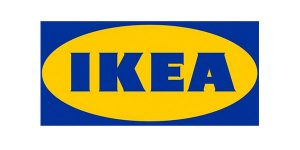What do big businesses do right that small businesses don’t? Are the knowledge and know-how used by big businesses available to small businesses? How can small and medium businesses achieve excellence that their bigger counterparts achieve?
First, let’s answer the question, what is business excellence?
Business Excellence is described as outstanding practices in managing the organization and achieving results, all based on a set of fundamental concepts or values. These practices have evolved into models for how a world class organisation should operate.
EFQM is one such model developed for achieving business excellence.
So how does the EFQM model propose we achieve business excellence? Read on!
The model is based on eight concepts, which we list down below:
- Adding value to customers
- Creating a sustainable future
- Developing organisational capability
- Harnessing creativity and innovation
- Leading with vision, inspiration and integrity
- Managing with ability
- Succeeding through the talent of people
- Sustaining outstanding results
Let’s now take a brief look at them individually.
Adding Value to Customers
Adding value to customers can be done by various tools such as online ordering, mobile app, integrated maintenance, 24/7 service, etc which demonstrates the commitment of the organisation to enhance its customer relationship.
Adding value would then be a result of understanding, anticipating and fulfilling needs, expectations and opportunities of the customers.
Case in hand:
In the first quarter of 2019, IKEA launched a new initiative for customers to rent furniture instead of buying if they know for how long they would use. This is a great initiative as it would ensure that the customers do not use the flatpack furniture just for few months and then throw them away. As the pilot project was a great hit, IKEA decided to roll out the same in stores across the world.

